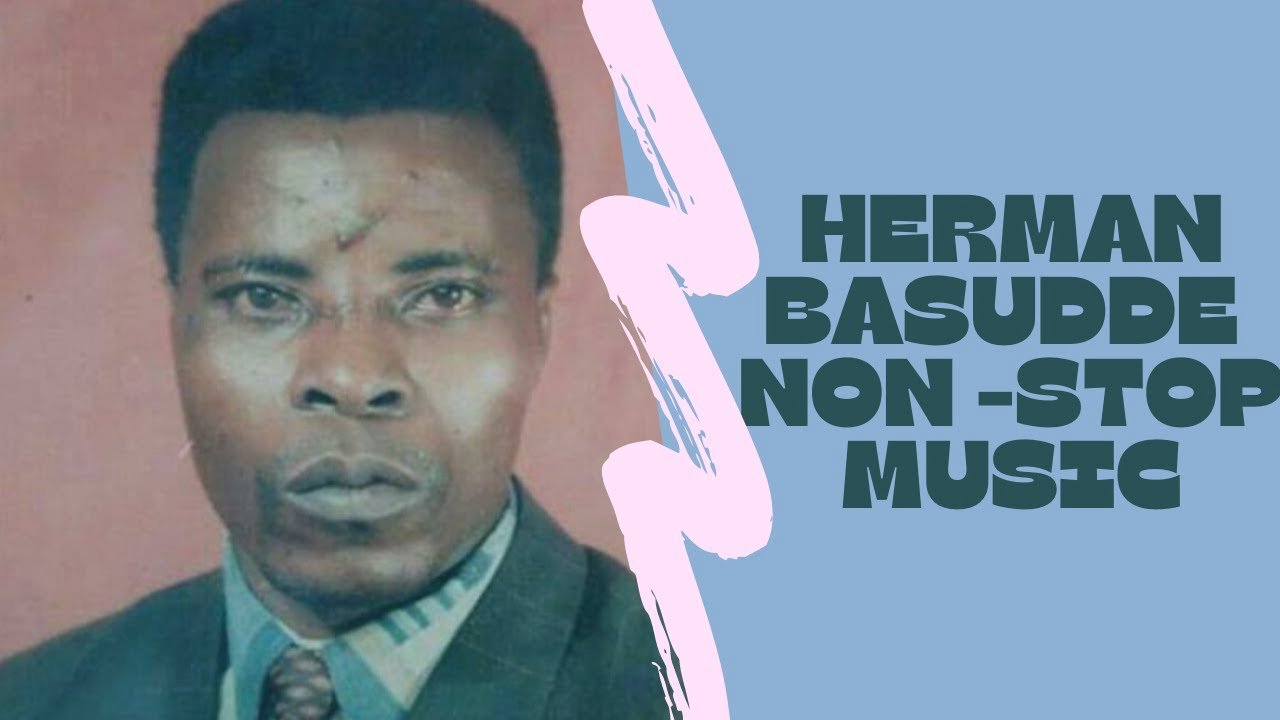
View Artist YouTube Channel
It’s remarkable to consider that 19 years have elapsed since the passing of Herman Basudde. Revered for his profound lyrics, Basudde was a prominent figure in the kadongokamu genre, leaving an indelible mark and securing his place among the legends of Ugandan music, as noted by Andrew Kaggwa.
Undoubtedly, Ugandan music has evolved from deep introspection, melancholy, and immense talent. There was a time when artists entered the studio not out of obligation but because they had something meaningful to express. This essence is epitomized in Herman Basudde’s masterpiece, “Bus Dunia.”
Like many kadongokamu songs, “Bus Dunia” is composed using three guitar chords, accompanied by exquisite piano melodies and a foundational bass line, creating a timeless piece spanning approximately 14 minutes. In this song, Basudde reflects on a world fraught with problems evident even to children.
He draws a parallel between this chaotic world and a bus that has veered off course, highlighting the disagreement between the driver and the conductor—representatives of leadership—regarding the bus’s destination. Their conflict leads the passengers towards a destructive path.
Basudde delves into the recklessness of the bus driver, who refuses to stop even for speed bumps. The situation becomes dire when the bus encounters potholes, causing some passengers to be thrown off, resulting in fatal injuries. Basudde skillfully uses road-related incidents to depict Uganda’s turmoil.
Ironically, Basudde tragically met his end in a real accident in 1997, mirroring the bus he sang about. Recently, I had the opportunity to speak with Aisha Nakitto, Basudde’s widow, who revealed surprising insights about “Bus Dunia.” Despite its length and informative content, the song was composed in less than two hours.
“He began writing ‘Bus Dunia’ around 10 pm and completed it by 11:30 pm. That’s how he wrote most of his songs, and by the time he finished, the lyrics were ingrained in his mind, eliminating the need for a memorization book during recording sessions,” she revealed.
Before achieving fame, Basudde migrated from Bubondo, Butenga sub-county in Masaka, to Kampala in 1985. Although limited documentation exists regarding his performances in the Masaka region during the 1970s, his career took off with the success of his hit song “Mukyala Mugerwa” in 1986.
The late Mark Makumbi, a former CBS FM presenter, disclosed that Basudde’s musical talent may not have been inherited from his father, but his father provided him with his first guitar—a memento from a white soldier friend. Basudde taught himself to play and began performing at parties for gifts, tokens, and money.
However, Basudde encountered trouble with local youths and faced false accusations during an insurgency, leading to his arrest and near-death experience. His father advised him to leave the village for survival, which led him to Kampala.
Born on December 5, 1958, to Katende and Dimitiria Namyalo, Basudde’s song “Mukyala Mugerwa” tells a story of a woman who murders her husband to be with him, despite just meeting him. Collaborating with Lukwata Guitar Singers, Basudde recorded the song theatrically, as was common at the time.
Lukwata Guitar Singers, led by Moses Katende, was Basudde’s refuge in Kampala. The group included artists like Immaculate Nabiryo, Moses Ssengooba, Rosette Nakubulwa, Cissy Nakku, Sauda Nakitende, Livingstone Kasozi, and Nakitto, who eventually became Basudde’s wife.
When Basudde formed Kabuladda Professional Singers in 1993, Nakitto and Nabiryo were the first to join him. Kabuladda continued Basudde’s collaboration with many individuals from Lukwata. With songs like “Enimiro Y’okubuganga,” “Priscilla,” and “Mukyala Kandida,” Basudde reached new heights.
Basudde’s legacy lives on through his prophetic songs, with fans commemorating 19 years since his passing last month. Nakitto recalls accompanying Basudde to visit his parents’ gravesite, emphasizing the profound impact of his music.
Herman Basudde Songs
![]()











